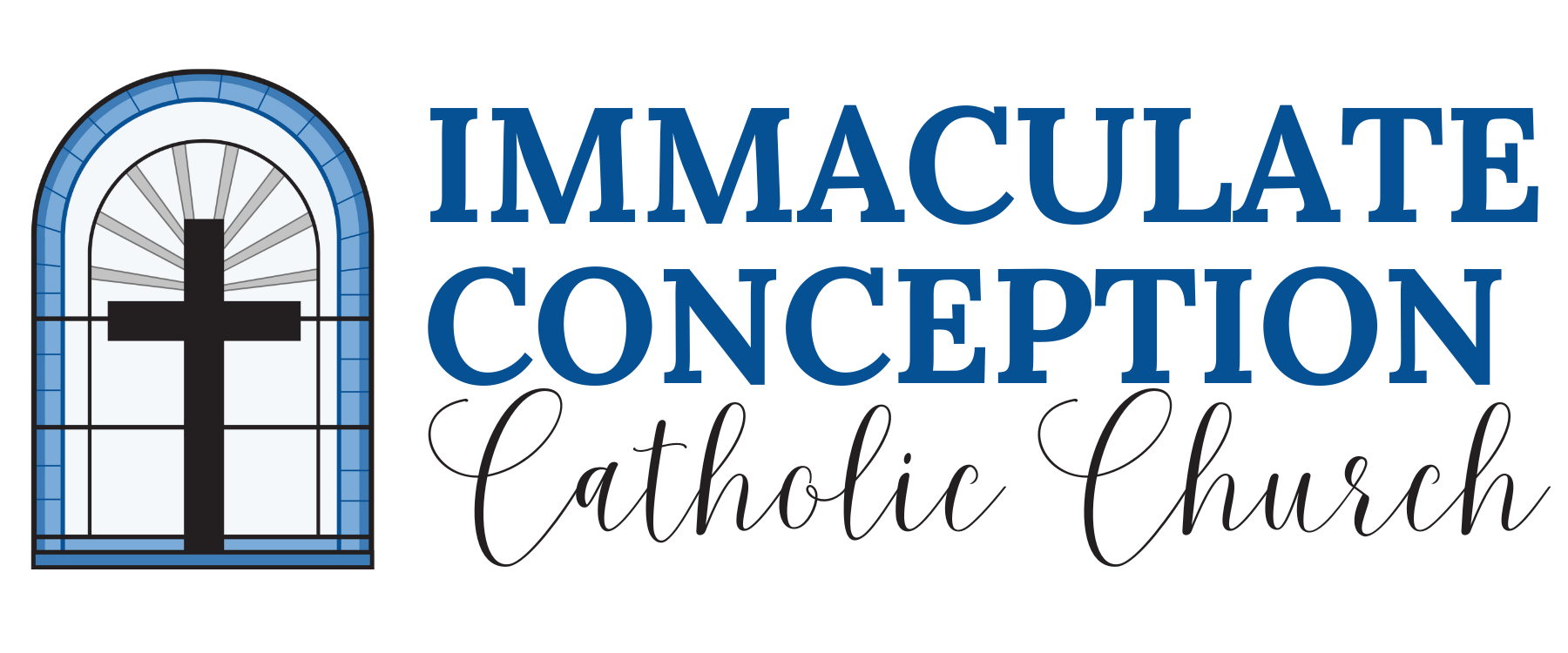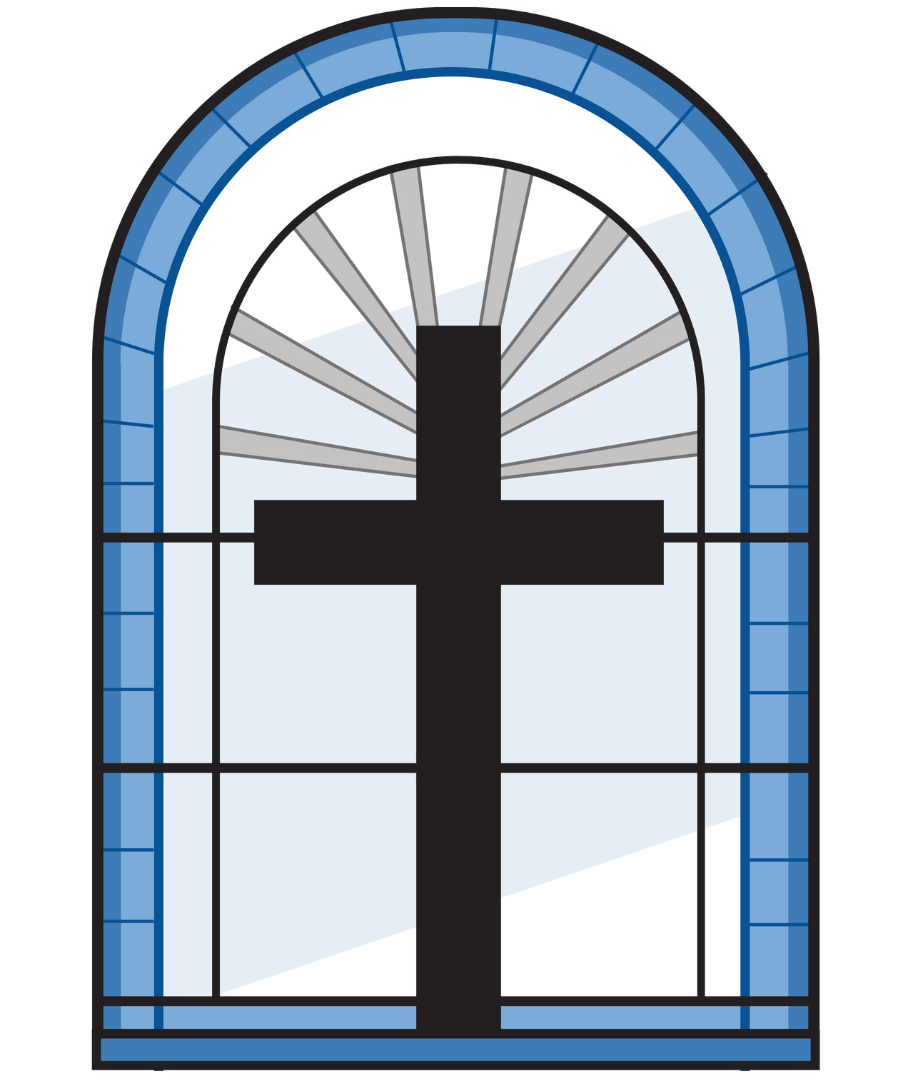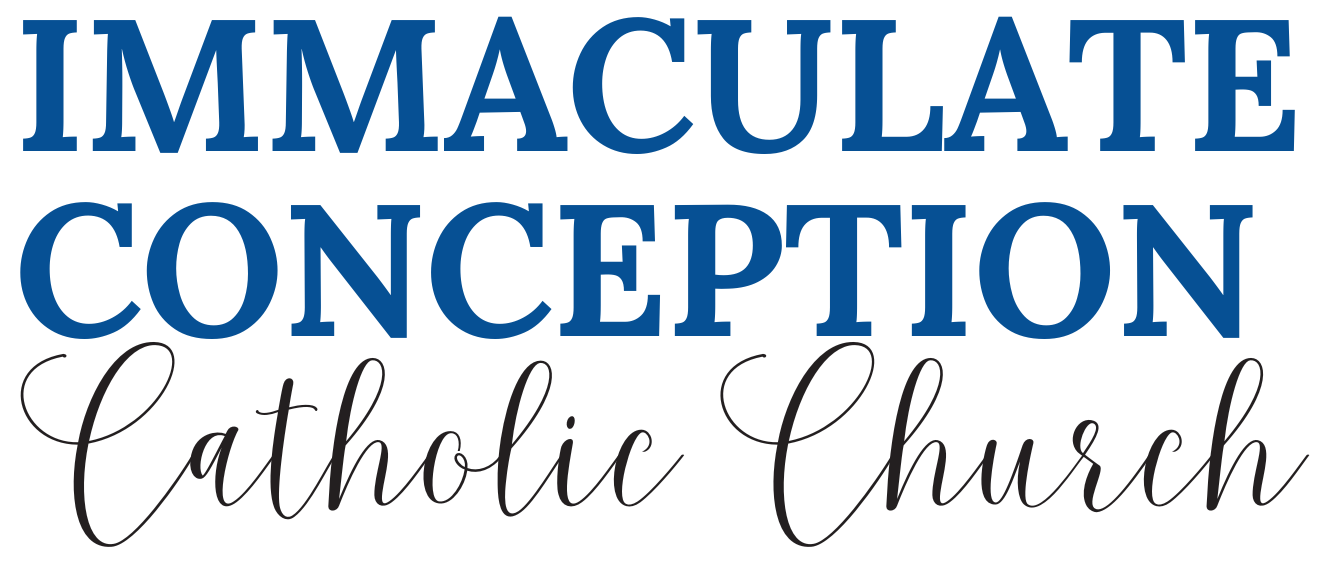Homilies
Homily of the Third Sunday of OT, Year A, 2026
“The people who walked in darkness have seen a great light.” Saint Mathew told us that Jesus began his public ministry in Galilee, especially in the region of Zebulun and Naphtali. Saint Matthew saw Jesus as the Light. He came to show gentile people a true God. He brought a light of hope to people who are living in hopelessness. He came to teach people to love each other.
Are you living in darkness? Yes or no; you should answer it to yourself. How do I know I am living in the darkness? You may ask. Prophet Isaiah talks about spiritual darkness, not physical darkness. We may identify some kinds of darkness like: darkness of unbelieving, darkness of ignorance, darkness of stubbornness, darkness of hopelessness, darkness of isolation or darkness of sins. To get out of our own darkness, we must “repent, for the Kingdom of heaven is at hand.” Repentance means to change and to expose our mind and our heart to his light through his Words and his sacraments. We must believe Jesus’ teaching is our light; the Church’s teaching is our light, nothing else. World’s knowledge and philosophical ideas are not the light of our souls. It is interesting that Saint Matthew ends this gospel passage by saying that Jesus went around to teach and proclaim the gospel of the kingdom, to cure every disease and illness among the people. That was how the people in the darkness had seen the great light.
Saint Paul talks about one kind of darkness which is divisions in his community in Corinth. Division happens when people say something like: I am right, and you are wrong; or I follow this priest, not that priest; etc. Looking at our church today, many people live in a darkness of division of the Church. Many people lost their trust and hope in the Pope and bishops. I would like to remind you that obedience of faith is the key to unity. You and I follow our local shepherd, Archbishop Sample, who is in union with Pope Leo IV. Be careful! Devils always whisper lies in our ears as he did to Eve. They will talk in our ear day and night until we give in. Don’t give in to any words which will divide our families, or our faith community. In other words, we should shut our ears to those voices which cause us sin against God and against others. Saint Paul taught: we all focus on Jesus Christ who was crucified for us. We all should focus on the Church’s mission which is preaching the gospel to all nations. That is what the Church should do.
Pope Francis promoted the Third Sunday of Ordinary Time as the Word of God Sunday. What is it Pope Francis wants to tell us? He wants to tell us that the Word of God, the Scriptures, should have a place in our hearts, in our families, and in our community. The Word of God does not come from human invention, but from the revelation of God. Do you have a bible at home? If not, you should have at least a bible at home. Nowadays, we can download a bible app on your cell phone. I believe: if we read and pray the scriptures more often by ourselves or in a bible study group, we will never be lost.
Dear brothers and sisters in Christ, let us repent as Jesus called us to do. He is the Kingdom of God. He is present among us in the Word and sacraments we celebrate. He is present among us when we gather to pray. He is present in the sick and the suffering. We are called to follow Him. If we believe and do as God calls us to do, we will share his glory in heaven.


